On any given day, your ministry may be visited by dozens, hundreds or thousands of people. Some of these people are your everyday parishioners, some may be curious visitors, while others are routine employees or impassioned volunteers. This can be a wonderful thing for your ministry, its teachings and outreach, but it can also leave you extremely vulnerable to risk – especially if you haven’t developed a safe and sound screening policy for your employees and volunteers.
Certainly, nobody is saying that every one of your members, visitors and anyone seeking spiritual guidance through your ministry needs to be screened. What is absolutely necessary for everyone’s protection, though, is a thorough risk management strategy that begins with high-quality background investigations of clergy, other church workers and any volunteers, particularly those that come in contact with, or are near, children.
It’s up to each ministry to take meaningful action to protect its flock. There is no better meaningful action than screening your employees and volunteers.
- High-risk applicants or volunteers with shady pasts will be deterred from applying
- People with criminal convictions or other histories of inappropriate conduct will be red-flagged immediately
- Your ministry will understand your devotion to protecting the safety of the church and all those who walk through its doors
You may be tempted to want to screen your employees only. Perhaps you’re concerned about hurting your volunteers’ feelings or worry you may not get as many volunteers if you ask them to undergo a background check. Don’t. Churches are legally responsible not only for their paid staff, but also their volunteers. This is an extremely important part of any screening policy because it’s well known that most children’s and youth groups heavily rely on volunteers to operate. Many lawsuits have been launched because of ‘negligent hiring’ or ‘negligent supervision.’
With all of this in mind, here’s 4 tips to help you develop a safe and sound screening policy for your ministry:
Identify Your Goals – Bravo! You know you need a screening policy and procedure… but you have no idea where to start. A simple brainstorming session to outline the goals you hope to achieve by instituting a screening policy is a great place to start. We like the goals listed by the Episcopal Diocese of Mississippi (and that its screening policy is available publicly on the internet – way to go, transparency!):
- more immediate reports
- more useful information
- better coordination
- appropriate levels of investigations for each covered position
- a higher level of compliance by congregations and institutions
- more cost-efficient methods of conducting the background checks
Contract With a Nationally Accredited Screening Agency – Not all screening agencies are created equal. Protect My Ministry is a nationally accredited background screening company that focuses on protecting churches, ministries and children from predators. With unique processes, products and solutions they reduce risk for thousands of ministries across the US. In addition to providing and maintaining screening services they also make sure church staff and volunteers are qualified to work with children through their Child Safety Training.
Institute a Waiting Period – Many faith-based organizations are implementing a waiting period (six months seems to be the standard) before allowing someone to work with kids or vulnerable adults. LifeSpring Christian Church in Ohio has a comprehensive and publicly available volunteer guidelines process and procedure that includes a standard waiting period. But LifeSpring does a great job at explaining why it has all these policies, too:
“Volunteers in children or youth ministry will attend LifeSpring for a minimum of 6 months prior to volunteering in children or youth ministry. This waiting period allows potential volunteers to become an active part of the church and begin to understand the church’s mission, vision and values. It also gives ministry leaders time to get acquainted with a potential volunteer, allowing a better match of ministry opportunity to volunteer interest and ability.”
Understand Your Role in Federal Compliance – This last tip is the one that will help protect your bottom line because if you fail to comply with the Fair Credit Reporting Act (FCRA) or other federal protections, you could get hit with a costly lawsuit. If you don’t have a Human Resources professional on staff, you should contract with one. Same goes for an employment attorney. Have one on retainer, just in case. Any screening agency worth its salt will also be able to help you navigate your role in compliance. As a nationally accredited screening agency, Protect My Ministry excels in this area so please reach out to us at anytime with your questions. Our expert leadership team would be happy to assist you.
Give us a call today at 1-800-319-5581 or sign up here for more information.
